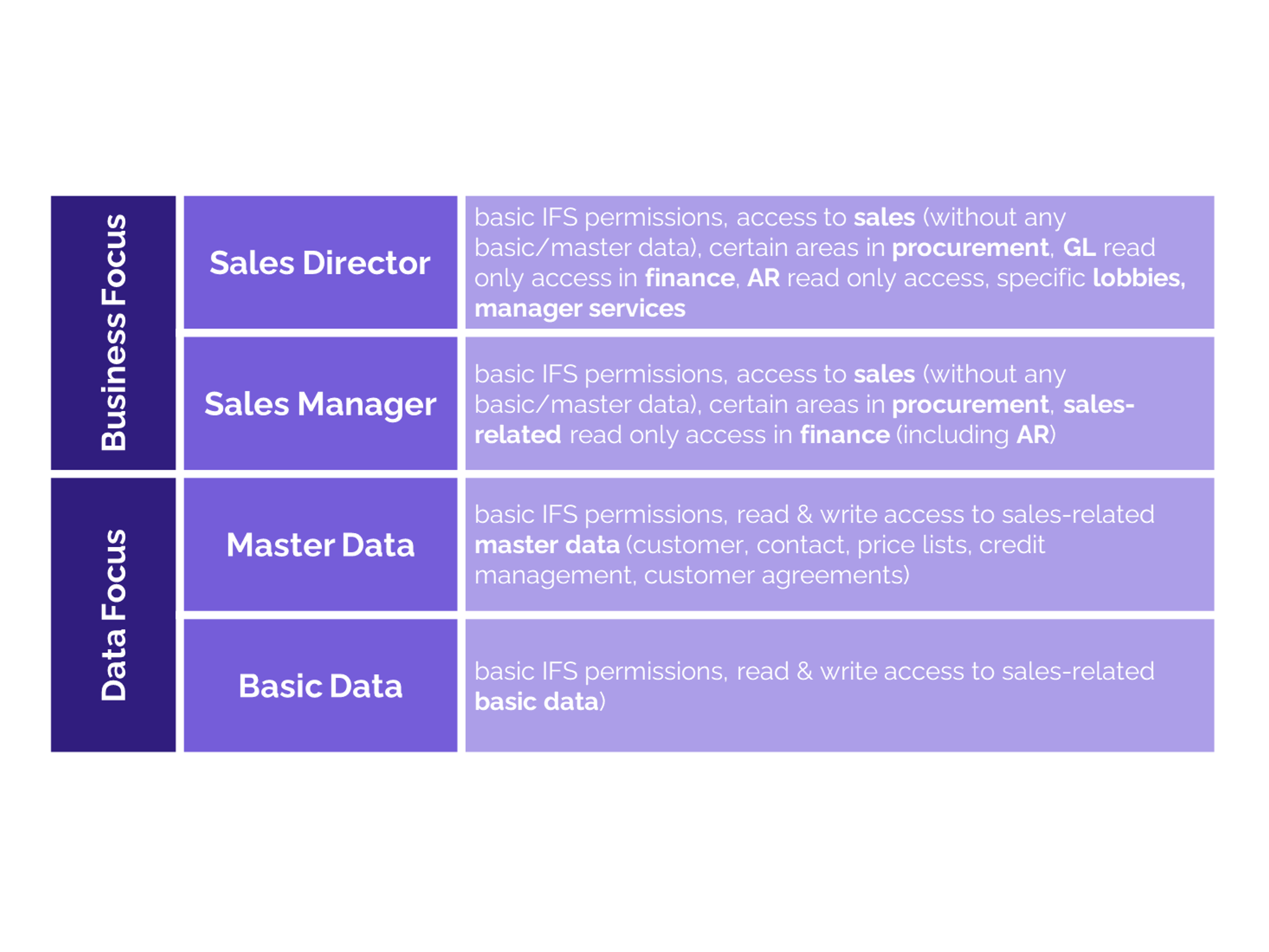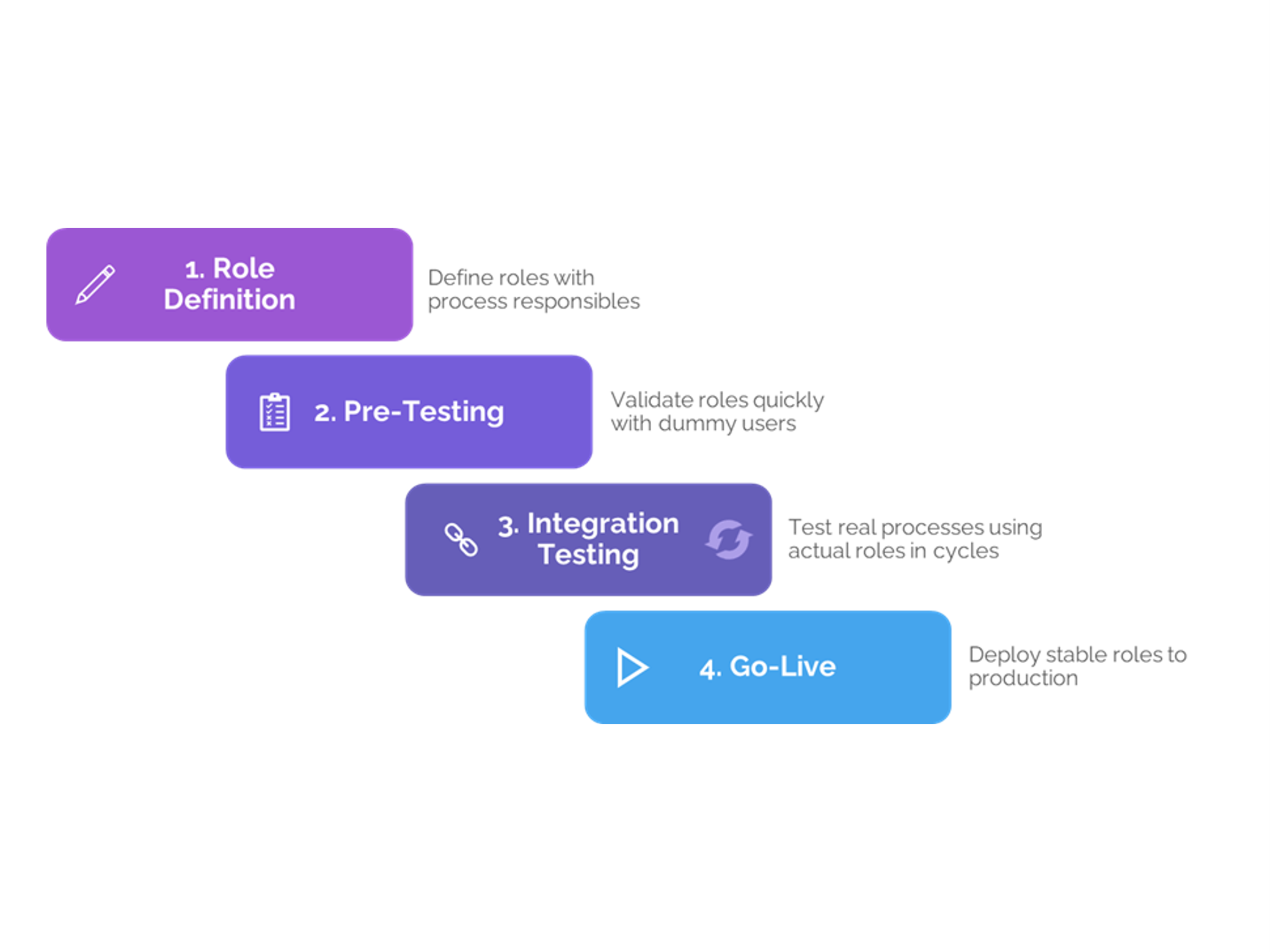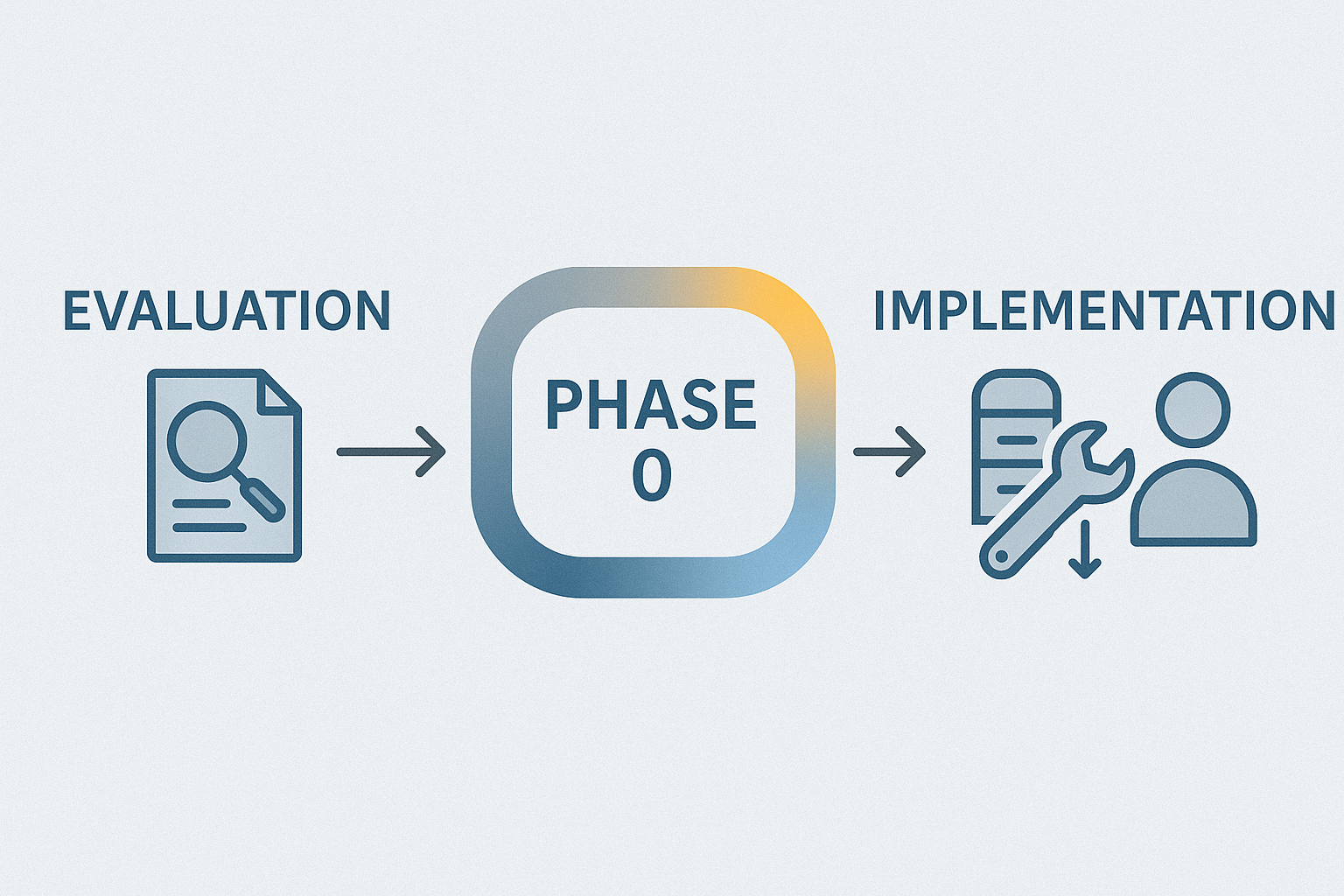Multinational ERP Implementations: Challenges & Approaches
The introduction of a single ERP system for different company locations worldwide is one of the most exciting, but also most challenging tasks in the field of digitalization. Different legal systems, processes and cultures come up against each other and require a high degree of coordination and harmonization. In this blog article, you will learn about the typical pitfalls of multinational ERP implementations and which solutions have worked in practice.
Recognizing local requirements early on
Compliance with country-specific laws and regulatory requirements is a key issue for multinational ERP implementations. For example, many countries have their own tax regulations and reporting obligations. Frequently cited examples include the complex Nota Fiscal system in Brazil or the “Golden Tax” system in China, where companies have to create official tax documents (fapiaos) using government-approved software.
If you realize too late that each country has its own regulations - for example in tax, accounting or HR areas - this can lead to considerable project delays.
Identify the local requirements of each location as part of the planning phase (e.g. in workshops) and take these into account in the ERP concept. Involving local consultants or experts will help you to integrate the legal and cultural aspects correctly.
Change management: creating acceptance in all countries
Nothing is as constant as change - but resistance is often the norm, especially with far-reaching changes such as an ERP implementation. This is all the more true when different countries are involved, where cultural differences and established processes prevail.
Employees quickly feel “overrun” if they have the feeling that processes are being changed without their consent. In multinational projects in particular, it is important to get everyone involved across all locations.
Successful change management begins with open, regular communication. All locations should be involved at an early stage. Workshops, training courses and continuous feedback loops contribute to acceptance. It is also advisable to appoint “change agents” or “key users” who act as multipliers at the respective locations.
Process harmonization
One of the biggest pitfalls in multinational ERP projects is the harmonization of historically grown processes, which are different in every country and deeply rooted in the local corporate culture. Differences in financial and production processes, local accounting regulations and cultural preferences often lead to contradictions in the project.
It is therefore essential to define a common goal for global standards that serves as a clear guideline for uniformity. Workshops with technical experts from all countries involved, in which processes are analyzed and best practices are brought together, are a proven approach. They can promote the exchange of knowledge and deepen understanding of regional differences.
The balance between standardization and customization is also important. Standardized processes and systems improve efficiency and scalability, while local adaptations are necessary to take specific circumstances into account. This flexible approach enables both global and regional requirements to be met.
Communication: coordinating across countries
Differences in language, mentality and expectations can quickly lead to misunderstandings during a project, which not only disrupt the flow of work but also cause delays throughout the project. To counteract this, it is crucial to establish clear communication plans right from the start. These plans should not only include the channels used, but also the responsible contacts and clearly defined escalation paths.
Another important building block is intercultural training or the implementation of awareness workshops for all project participants. This raises awareness of cultural differences and promotes cooperation. In addition, regular status meetings at all levels are essential. They create the opportunity to share information transparently and at an early stage and proactively address potential problems.
Local management as a success factor
Local managers play a crucial role as a link between global project management and the local teams. They make a significant contribution to the successful implementation of new processes. Without the support of local decision-makers, acceptance of the project among employees can quickly decline.
The solution lies in involving these managers in the conception phase at an early stage. By taking responsibility for sub-projects and playing an active role as “change agents”, they drive change forward. Clearly defined roles and decision-making powers make it possible to manage tasks both centrally and decentrally, thus ensuring successful implementation.
Further challenges in global ERP projects
In addition to the key points mentioned above, there are a number of other topics that should be given particular attention in multinational ERP implementations:
• Budget & resources: a global roll-out requires sufficient personnel and financial resources for cross-national workshops and training.
• Data migration: Legacy data is often stored in different systems and formats in each country, which makes consistent data transfer difficult.
• Project controlling: A finely tuned measurement of success and progress control is particularly important at a multinational level.
Conclusion
A global ERP implementation requires thorough preparation and precise management. Legal and tax regulations vary from country to country and need to be taken into account, as do cultural aspects and process differences. Clear project structures, transparent communication and robust change management ensure success - and ultimately all locations benefit from a central, high-performance ERP system that harmonizes global processes and creates valuable synergies.
Are you planning a multi-site ERP implementation or would you like to further professionalize your existing roll-out? We can support you in developing a sustainable strategy, taking local specifics into account and putting your change management on the road to success across all sites. Contact us now and get started!
Who is 2BCS AG?
2BCS AG is a leading Swiss business and IT transformation company. We support our clients' digital initiatives through thought leadership, independent expertise and hands-on implementation support based on many years of experience. 2BCS AG has supported numerous ERP implementations in Europe and around the world. Our clients are national and international industrial and commercial companies that demand and expect professional support and best practices. 2BCS AG is a spin-off of the HSG and is based in St. Gallen and Zurich.
Contact us





